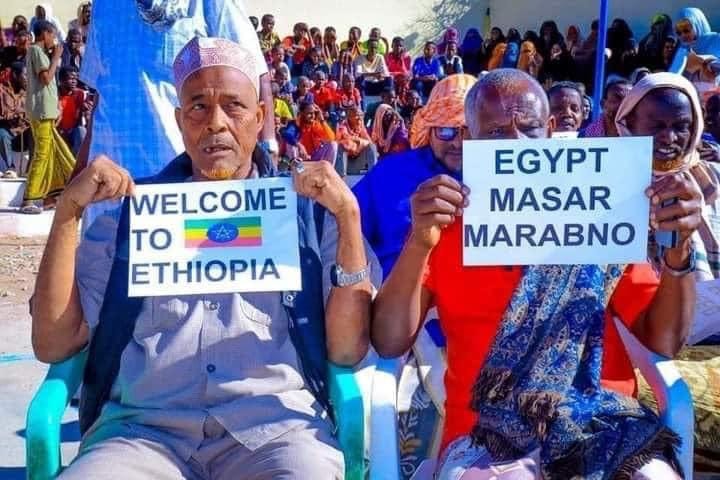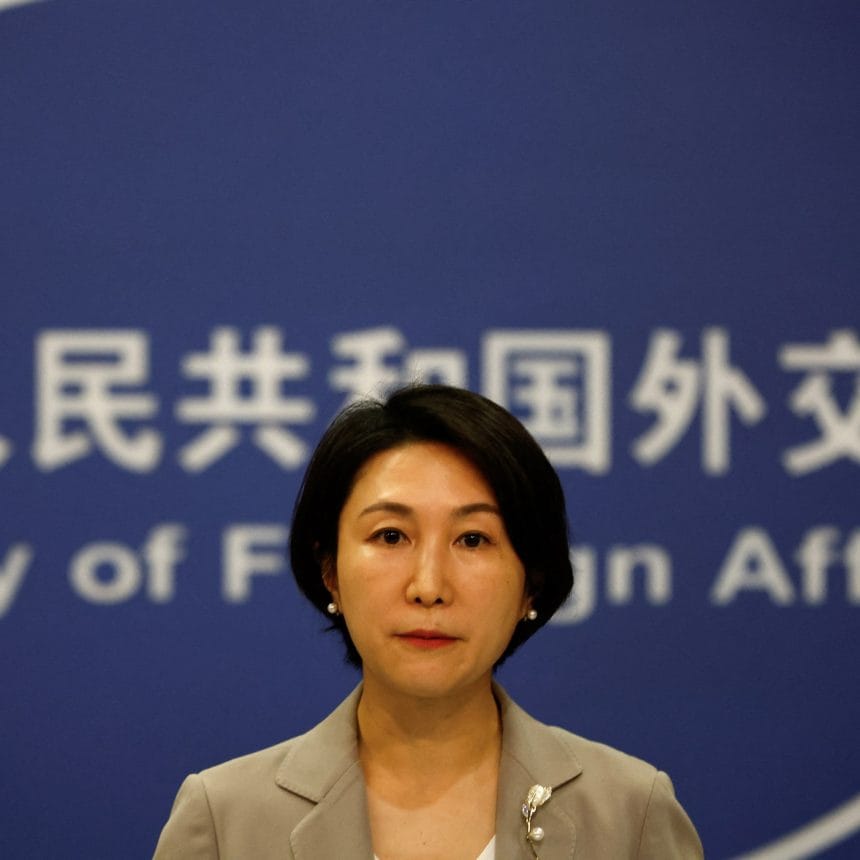In this article, I am talking about two questions related to the Ethiopian army that the South west state Leader Abdulasis Mohamed Laftagareen misleads the people south west state.
The first question: Did the Ethiopians come at our request or something to do with their national security?
The answer is brief for their interest.
At the beginning of 2011, the intelligence of the Ethiopian government felt a great threat to their national security, which is that the terrorist group Al Shabab and the ONLF front are cooperating in the operations they carry out along the border in the regions of Bakool, Gedo and Hiran.
The Ethiopian government mobilized the forces of the Transitional Federal Government that had been at the border for 4 years, and with the help of those forces, they took over the town of Beledweyne on
December 31, 2011.On February 22, 2012, they captured the city of Baidoa. On March 22, 2012, they captured the city of Hudur. On April 6, 2012, they occupied Qansaxdhere and Burhakaba Districts, without the permission of the South West State government. you know that the capture of the Ethiopian army in the cities of Baidoa, Hudur, Qansaxdheer and Burhaka was something related to their national security and not in response to the request of the South West State but we underline that it is an important opportunity for us to liberate our areas.
Second Question: Is Ethiopia a reliable friend of the South West?
After a conflict that dragged on for a year, the Ethiopian government entered into the desire to include its army in AMISOM and the changes that took place in Somalia, which left the transitional government and elected President Hassan Sheikh Mohamud, came to Ethiopia that the only way for AMISOM The only way to join is to withdraw and stay in order to increase the burden on the government of Somalia which refused to include the Ethiopian army in AMISOM.
August 10, 2013 AMISOM troops from Burundi and Uganda are in Baidoa, the capital of Bay region The incident took place in Hudur, the capital of Bakool region after the Ethiopian army left the city on March 17, 2013 without giving any notice to the regional administration, the city administration and the army officers.
The government, the people and the army were destroyed in Ethiopia, and they became refugees again. Back to the question: it appears to you no because their personal desires were reported in the city of Huddur without respect.
On February 17, 2014, Ethiopian troops were added to the African Union in Somalia, AMISOM.
On March 6, 2014, the Ethiopian forces that are part of AMISOM and the Somali military forces in Rabdhurre district.
On March 7, 2014, the Ethiopian AMISOM army and the Somali military were invited to Huddur district in the center of Bakool region.
On March 9, 2014, AMISOM Ethiopia and Somali forces were stationed in Wajid and Burdhubo areas in Bakol and Gedo respectively.
On July 24, 2014, AMISOM troops from Ethiopia and Somalia were invited to Dinsoor district in Bay region. On August 24, 2014, AMISOM troops from Ethiopia and Somali forces were deployed in Tiyeglow district of Bakool region.
Apparently, during the previous term of the president, Hassan Sheikh Mohamud, the door of Ethiopia that was included in AMISOM worked well, but in the middle of 2016, during the election campaign in the country, On July 1, 2016, Ethiopian troops left Rabdhurre district.
On October 26, 2016, he was buried in Tiyeeglow district. The Darawish forces in Tiyeglow district decided that they were out of the district,
On November 14, 2016 they re-opened Tiyeglow district, they did not receive the support of a resolution and dinner for a few days from the Ethiopian forces in Hudur. Know that there is still a threat of a national blockade in Ethiopia as the Tiyeglow war in which the Dervishe army was defeated in the southwest was the collaboration of the AS prisoners and the ONLF.
Getachew Reda, the Minister of Information of Ethiopia, said at the time that the troops they expelled from Somalia were not part of the AMISOM army but were helping the Somali government and AMISOM forces.
Analysts believe that the withdrawal of Ethiopian troops at that time was intended to negotiate with the new president-elect, when the president was elected, They accompanied him to Elbur, which withdrew its forces On April 3, 2017, but the president-elected, Mohamed Abdullahi Farmajo did not have anything on the agenda of liberating the country.
At that point, remember our question: Is Ethiopia a reliable friend of the South West? The answer that comes to us is what you read.
Abdulhamid Karazay✍️





